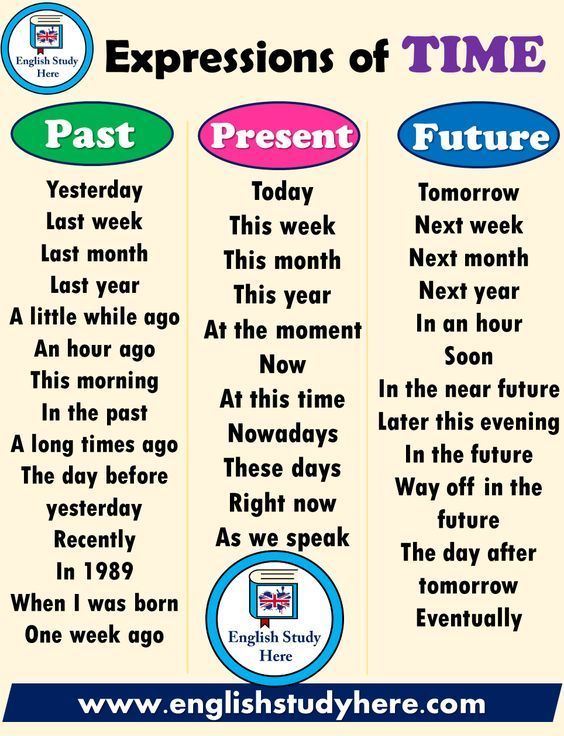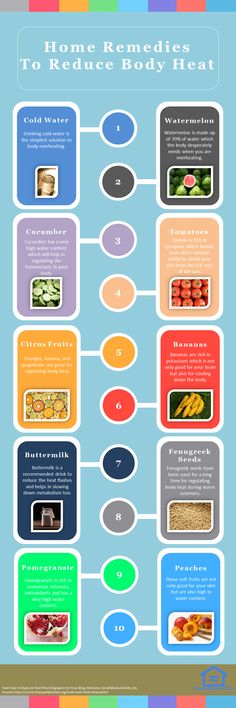B12 during pregnancy
Is it possible to take an overdose of vitamin b12 during pregnancy?
Is it possible to take an overdose of vitamin b12 during pregnancy?Browse Categories
- B-12
- COVID-19
- Deficiencies
- Fertility / Pregnancy / Women's Health
- Health Issues
- Kid's Health
- Mental Health
- Methylfolate Facts
- MTHFR Genetics
- News
- Resources
- Staying Healthy Super-B-Complex
Pregnancy is one of the most exciting (and scary!) times of any woman’s life. There’s so much to plan and prepare for: the nursery, the stacks of diapers, the right stroller, a name…
But there’s one thing that’s much more important than all the baby paraphernalia: your health.
Whether you’re pregnant or just planning to start a family, one of your first priorities should be to make sure you’re getting adequate vitamin B12. Many people have no idea just how important this one vitamin is - especially for moms-to-be.
Unfortunately, there’s a lot of conflicting information out there about the so-called possibility of taking an overdose of B12 during pregnancy. In reality, the risk of a B12 deficiency is both far more prevalent - and dangerous.
Here’s why.
What is vitamin B12?
There are eight B vitamins (known as the B complex) and every one of them has an important role in our daily function. The complex includes thiamine (B1), riboflavin (B2), niacin (B3), pantothenic acid (B5), pyridoxine (B6), biotin (B7), folate (B9) and cobalamin (B12). Keep in mind that not all brands of B12 are created equal.
Do you want the BEST B complex? We recommend trying Methyl-Life's Active B12 Complete formula. Methyl-Life® was the first manufacturer to combine all 3 active forms of B12 into a single tablet for effective, full-spectrum activity. Best of all, our B12 complete formula has all active forms of B12 (even the rarer forms). You can purchase our B12 complete by CLICKING HERE.
You can purchase our B12 complete by CLICKING HERE.
Together, these vitamins help your body break down glucose (blood sugar) and create energy in the form of ATP molecules. ATP is like the ‘fuel’ that powers the tiny engines within every one of your body’s cells.
Also Read: MitoQ Product Description
So, why is B12 so important?
Like the other B vitamins, B12 is also required for energy production and mental alertness. It’s responsible for the body’s metabolism of fats and carbohydrates, and is often promoted for boosting athletic performance and endurance. It plays a major role in maintaining the health of the nerves and blood cells. It’s absolutely crucial for the making of DNA and RNA, the genetic material in all cells.
B12 is also the only B vitamin synthesized by bacteria rather than by plants. To absorb B12, your gut must produce a substance called intrinsic factor, a glycoprotein made by the parietal cells of the gastric mucosa[1]. During digestion, the hydrochloric acid in your stomach releases B12 from protein, where it then combines with intrinsic factor.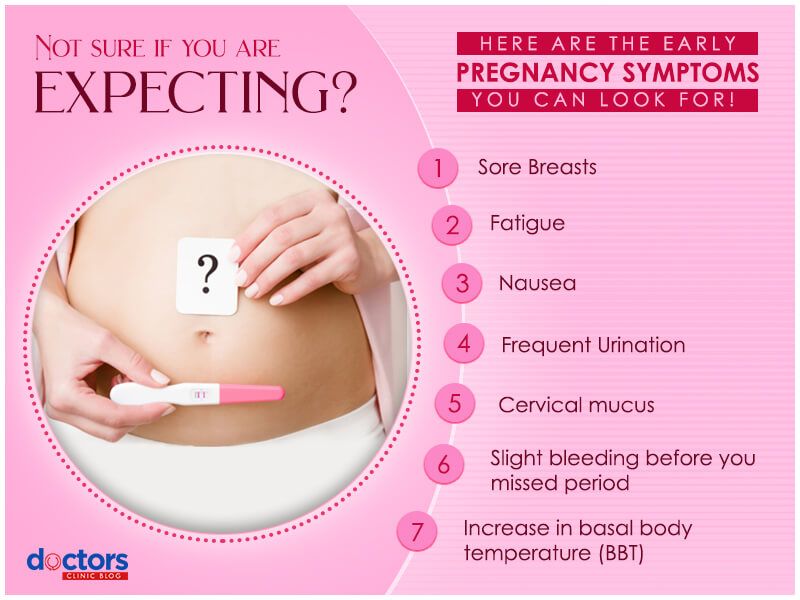
This rather complex metabolic pathway means two things: first, if your body lacks intrinsic factor, you will not be able to absorb B12 properly. This can result in a B12 deficiency.
Second, the only way to ensure proper uptake is by taking the most bioactive form of the vitamin. Bioactive simply means that the B12 has already been converted into a form that can be absorbed and used by the body’s cells immediately. Supplementary B12 should require minimal breakdown in order to be effective.
Also Read: Do We REALLY Need to Test for MTHFR Variants?
Why do women need B12 during pregnancy?
Vitamin B12 is crucial for normal cell division and differentiation, as well as the development and myelination of the central nervous system. Numerous studies have linked low vitamin B12 status in infancy to poor growth and neurodevelopment, plus many other health risks.
These are some of the many reasons B12 supplementation during pregnancy is so important. ..
..
- Taking B12 helps prevent deficiency
Research suggests that B12-deficiency is highly prevalent among pregnant women, affecting three-quarters of pregnancies in some populations. This is very concerning because B12 deficiency has been associated with both lower birth weight (
There is also evidence that low maternal B12 levels are associated with increased risk of preterm birth, and that the risk of preterm birth is particularly high if the mother is deficient in B12 at some stage during pregnancy.
- B12 is required for brain development
- Brain development starts from conception, and a baby’s brain undergoes rapid growth while in the womb.This is also the period when most of the myelination of the brain occurs. Even moderate vitamin B12 deficiency has been associated with demyelination
- and brain atrophy[3]. Numerous case studies have shown the harmful effects of severe vitamin B12 deficiency on the developing infant brain, such as decreased cognitive performance.

- B12 helps prevent neural tube defects
Children born to mothers who have low blood levels of vitamin B12 both before and after conception may have an increased risk of a neural tube defect. Neural tube defects affect the brain and spinal cord. They include conditions such as spina bifida (which can result in partial paralysis) and anencephaly, in which the brain and skull are severely underdeveloped. One study showed that women with the lowest B12 levels were five times more likely to have a child with a neural tube defect. - B12 reduces homocysteine
Homocysteine is an amino acid that has been implicated in the risk of complications involving the placenta, such as preeclampsia, placental abruption, fetal growth restriction, and miscarriage[5]. High serum levels of homocysteine and low serum levels of B12 have been associated with reduced cognitive function.
One particular study found that homocysteine concentration in the early to mid-second trimester was associated with increased risk of these placenta-mediated complications, along with a higher risk of smaller babies, preeclampsia, placental abruption, and pregnancy loss. In some higher-risk groups, homocysteine was particularly associated with increased odds of preeclampsia. Researchers concluded that high-risk pregnancy may be linked to the MTHFR genetic mutation.
In some higher-risk groups, homocysteine was particularly associated with increased odds of preeclampsia. Researchers concluded that high-risk pregnancy may be linked to the MTHFR genetic mutation.
B12 works alongside folate and vitamin B6 to maintain normal concentrations of homocysteine in the bloodstream. Supplementation of B12 or folic acid helps to reduce homocysteine and may help in increasing birth weight and length of gestation.
- B12 supports healthy mood during pregnancy
Sufficient vitamin B12 is required for methylation, which in turn is necessary for the production of serotonin as well as other monoamine neurotransmitters and catecholamines.
Serum levels of vitamin B12 play an important role in cognitive and mental health. Studies suggest that up to 30% of patients hospitalized for depression are deficient in B12, and that B12 concentrations in blood are generally lower in depressed patients than nondepressed patients. This may play a key role in reducing the onset of post-natal depression in mothers.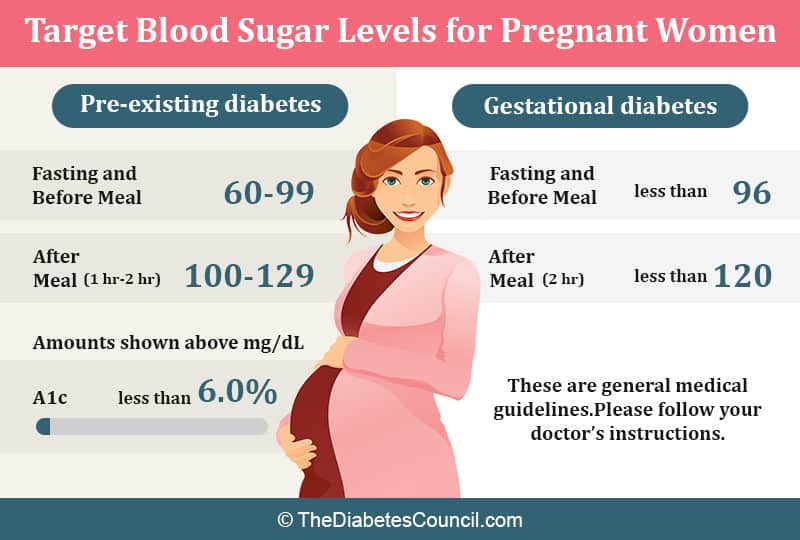
Needless to say, supplementation with B12 should be a priority for all pregnant women. But how much?
How much B12 should I take during pregnancy?
The National Institute of Health recommends that women who are pregnant or breastfeeding take at least 2.8 micrograms (mcg) of B12 per day. However, studies have shown that high doses of oral B12 supplements (up to 2 mg or 2,000 mcg) are safe and effective, especially when treating B12 deficiency.
This is because your body will only absorb as much B12 as it needs. Any excess will be flushed out in your urine.
It is possible to take an overdose of vitamin B12 during pregnancy?
There is no upper limit on B12 because of its “low potential for toxicity”. As mentioned above, any excess will be flushed out. Very small amounts are stored in body tissues and most vitamins - including B12 - don’t have an upper-level limit.
This amount of B12 you absorb depends on a number of factors:
- the form of the B12
- the efficacy of your genetic enzymes, and
- the production of intrinsic factor in your stomach
No adverse effects have been linked with high intake of vitamin B12 in healthy people.
Recently, concerns about ‘overdosing’ on B12 came to light after a 2016 study reported on a link between too much B12 supplementation and autism. It appeared that women who took too much folate and vitamin B12 during pregnancy were 17.6 times more likely to have children who were later diagnosed with an autism spectrum disorder
However, of the 1,391 mothers involved in the study, only 95 had blood levels of B12 that were considered “excessive” by World Health Organization measures. And of those 95 mothers, only 15 had children who were diagnosed with an autism spectrum disorder.
It also appeared that the mothers who had “excess” levels of BOTH vitamin B12 and folate who were most at risk: nearly half of those women had children who were diagnosed. This led the researchers to suggest that the mothers may have taken too many supplements, or that their bodies simply absorbed more, or metabolized them too slowly.
It’s worth noting that excess B12 blood serum levels can come from taking the common, cheap form of B12, cyanocobalamin, which for many does not convert into an active form the body needs to absorb and use - therefore it does not get transported for cellular use (and is instead floating around in the bloodstream without positive effect).
More importantly, the researchers emphasized that the results of the study were no reason to deter mothers from taking prenatal vitamins: if anything, they urged mothers to maintain their B12 intake.
The overriding message is that yes, pregnant moms definitely DO need B12. The risk of overdosing on B12 is almost non-existent. The risk of B12 deficiency is not only far more common, but far more deadly.
Also Read: Optimizing Fetal Health with L-Methylfolate & Methylcobalamin
So, what type of B12 should I take during pregnancy?
The health and wellness market is swamped with B12 supplements - but not all of them are effective!
Methylcobalamin
Methylcobalamin is a bioactive form of B12 that requires little to no conversion and crosses easily through every part of B12’s metabolic pathway.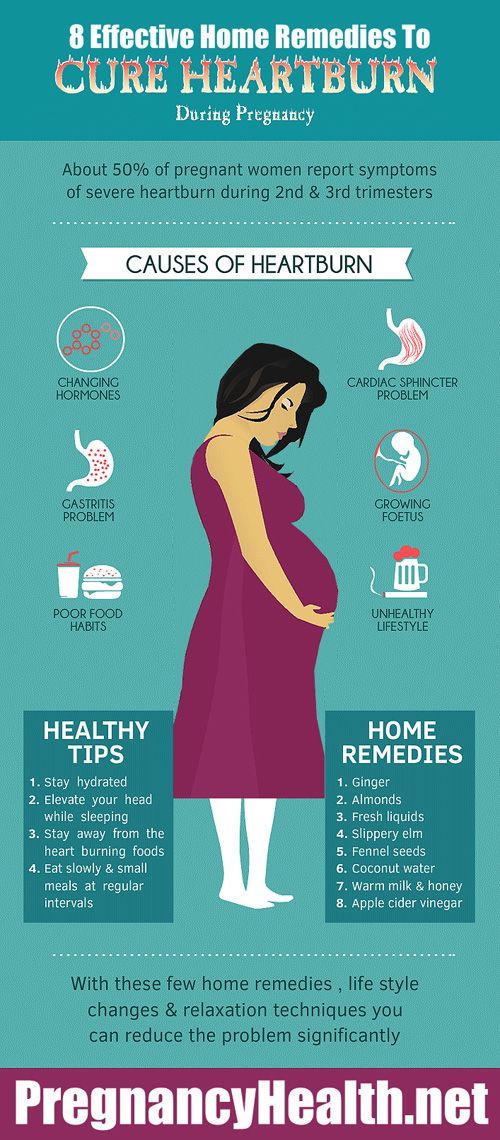
Methylcobalamin helps in synthesis of methionine and S-adenosylmethionine (SAMe). It is also required to maintain integrity of myelin, neuronal function, proper red blood cell formation and DNA synthesis. It may also help in lowering homocysteine levels and reducing the risk of anemia.
Cyanocobalamin
This synthetic (man-made) form of B12 is often used in supplements because it’s cheaper. When ingested, cyanocobalamin is first converted into hydroxocobalamin and then undergoes conversion to become both methylcobalamin and adenosylcobalamin, the two active forms of vitamin B12. However, cyanocobalamin not only contains a cyanide molecule but is much more difficult for the body to absorb due to its complex breakdown process.
Hydroxocobalamin
This is a more rare but also biologically active form of B12. It’s a precursor to methylcobalamin and often recommended in conditions where B12 cannot be properly absorbed in the gut. It’s known to be the most well-tolerated form of active B12.
It’s known to be the most well-tolerated form of active B12.
Hydroxocobalamin is essential for DNA replication and synthesis, proper function of the nervous system, cellular energy, as well the conversion of homocysteine into methionine. It’s known to help with brain fog, pernicious anemia and for clearing excess peroxynitrites.
Adenosylcobalamin
Adenosylcobalamin is stored in the mitochondria and selected when the body requires a biologically active form of vitamin B12 for fast energy production. Adenosylcobalamin helps in muscle recovery, myelin sheath integrity, and reduces the risk of anemia.
As with methylcobalamin and hydroxocobalamin, adenosylcobalamin does not need to be converted by your genes or enzymes in order to be available for use. It’s also known as a scavenger that helps to clear out extra nitrous oxide and peroxynitrite in the body and convert it back into methionine.
Browse some of our products from our store
Recommended B12 supplements for pregnancy
Methyl-Life™ Chewable Methylated Multivitamin + Cognitive is a comprehensive multivitamin supplying a healthy dose of active B12 (as hydroxocobalamin) plus other nutrients.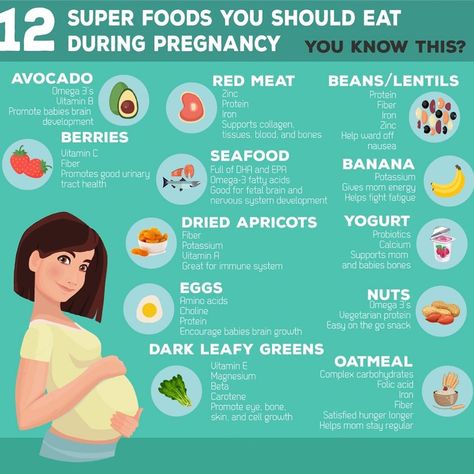 Designed to promote healthy pregnancy and protect against neural tube defects, this multivitamin contains L-Methylfolate as well as a host of B vitamins and their cofactors, TRAACS® minerals, Vitamins A, D3, E, and bioactive K2.
Designed to promote healthy pregnancy and protect against neural tube defects, this multivitamin contains L-Methylfolate as well as a host of B vitamins and their cofactors, TRAACS® minerals, Vitamins A, D3, E, and bioactive K2.
It includes bioactive folate as L-Methylfolate and B12 in the form of well-tolerated hydroxocobalamin to promote the body’s production of glutathione, your most powerful antioxidant AND to help with the baby’s neural tube development. This multivitamin also supports natural energy production with a new ATP energy combination, Panmol® NADH + MicroActive® CoQ10.
Methyl-Life’s™ Chewable Methylated Multivitamin + Cognitive is a fantastic prenatal supplement and even suitable for children at a lower dose (1-2 tablets instead of 3). Note: this multivitamin contains no iron or Vitamin C as these nutrients often require specialized dosing from doctors.
It’s got a delicious Chocolate Raspberry flavor that most absolutely love - one company described it as a “sought after one of a kind product”.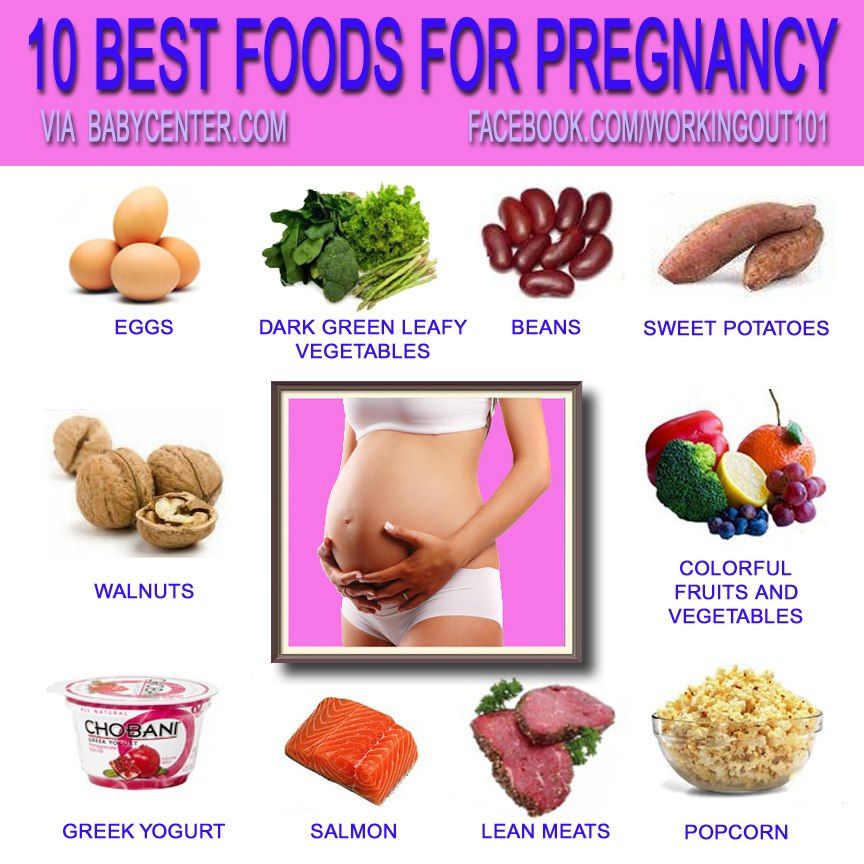 Treat your health to a tasty vitamin supplement and improve your quality of life.
Treat your health to a tasty vitamin supplement and improve your quality of life.
If you’re looking for higher doses of B12 on its own or a product containing all 3 active B12 forms, check out some of the other B12 product offerings at Methyl-Life™.c/articles/PMC5788147/
https://www.ncbi.nlm.nih.gov/pmc/articles/PMC5390862/
https://www.ncbi.nlm.nih.gov/pmc/articles/PMC3137939/
https://www.ncbi.nlm.nih.gov/pmc/articles/PMC4161975/
https://bmcpregnancychildbirth.biomedcentral.com/articles/10.1186/s12884-019-2219-5
https://bmjopen.bmj.com/content/7/8/e016434
https://www.ncbi.nlm.nih.gov/pmc/articles/PMC5390862/
https://www.ncbi.nlm.nih.gov/pmc/articles/PMC4288963/
https://ods.od.nih.gov/factsheets/VitaminB12-HealthProfessional/
https://www.sciencedaily.com/releases/2016/05/160511105352.htm
{{{name}}} {{#if variation}} {{variation}} {{/if}} {{#properties}} {{#each this}} {{#if this}} {{@key}}: {{this}} {{/if}} {{/each}} {{/properties}} {{{recurring}}}
{{#if discountsApplied}} Regular price {{{price}}} Sale price {{{discountedPrice}}} {{else}} {{{price}}} {{/if}} {{#if unitPrice}} Unit price {{{ unitPrice. price }}}/ per {{#if unitPrice.addRefererenceValue }}{{{ unitPrice.reference_value }}}{{/if}}{{{ unitPrice.reference_unit }}} {{/if}}
price }}}/ per {{#if unitPrice.addRefererenceValue }}{{{ unitPrice.reference_value }}}{{/if}}{{{ unitPrice.reference_unit }}} {{/if}}
{{#if discountsApplied}}
- {{#each discounts}}
- {{ this.discount_application.title }} (-{{{ this.formattedAmount }}}) {{/each}}
{{/if}}
Vitamin B12 Benefits During Pregnancy – feedmomandme
Written by: Caroline Misiano; LIU Post Dietetic Interns
Medically Reviewed by Dr. Nicole Palmer, DO
In this article:
As a pregnant mother or someone trying to conceive, you have probably read about the importance of certain vital nutrients during pregnancy, like folate or folic acid.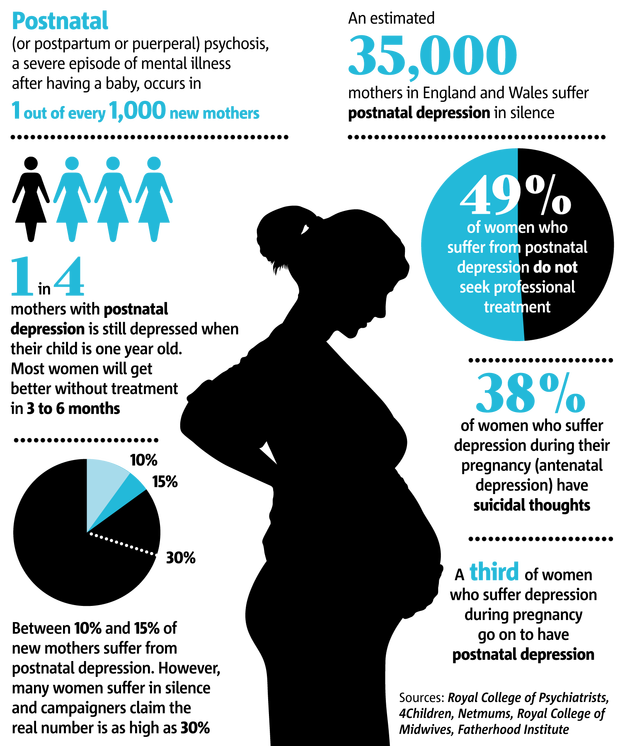 But did you know that Vitamin B12 is just as essential for a healthy and safe pregnancy? In fact, adequate daily consumption of vitamin B12 can prevent certain birth defects and significantly impact the overall health and development of your baby.
But did you know that Vitamin B12 is just as essential for a healthy and safe pregnancy? In fact, adequate daily consumption of vitamin B12 can prevent certain birth defects and significantly impact the overall health and development of your baby.
It is also important to mention that Folate and Vitamin B12 work together in the body. Together, they help with the formation of DNA for your baby as well as maintaining a healthy heart for your baby!
We will discuss the importance of Vitamin B12, the food sources of Vitamin B12, if you can take b12 while pregnant, how much you should have, and signs and symptoms of inadequate Vitamin B12 in the body.
★ WHAT IS VITAMIN B12 GOOD FOR?Vitamin B12, also known as cobalamin, is an essential, water-soluble vitamin needed for the body to function. “Water-soluble” means that any extra Vitamin B12 in the body will not cause any harm to the body and will be excreted in the urine. This nutrient helps keep the body's blood and nerve cells healthy, and helps produce DNA, the genetic material in all of your cells.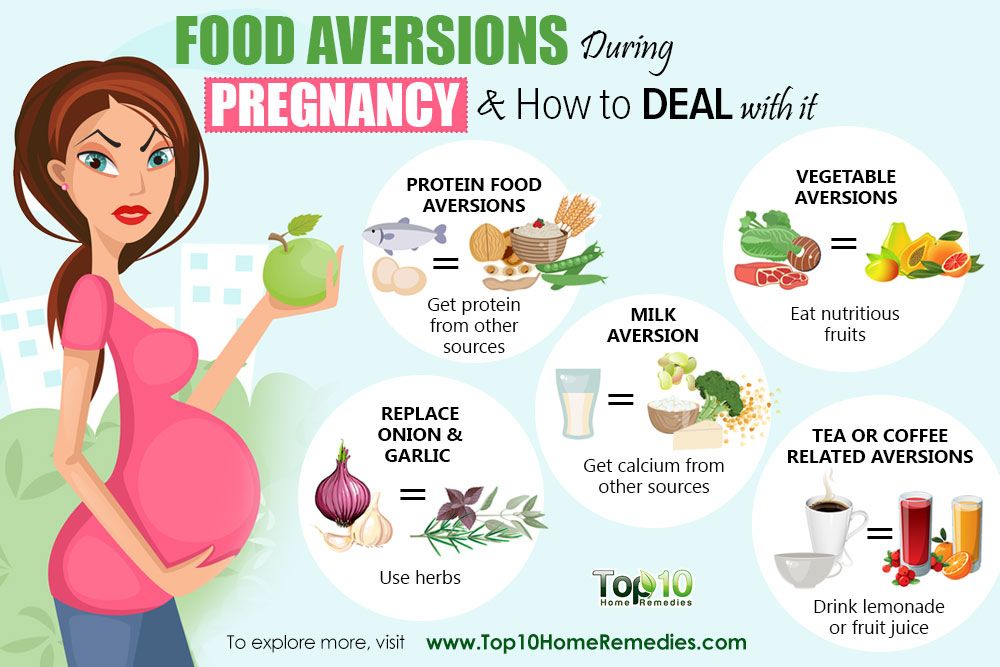 It is also known to help prevent megaloblastic anemia, a blood condition that makes people tired and weak.
It is also known to help prevent megaloblastic anemia, a blood condition that makes people tired and weak.
After eating foods with Vitamin B12, a special protein called an intrinsic factor, picks up Vitamin B12 in the stomach and carries it to the small intestine, where it can then be absorbed in the bloodstream. This special protein is essential for Vitamin B12 to be absorbed into the body. In some cases, people have impaired secretion of the intrinsic factor, which makes absorbing Vitamin B12 in the bloodstream a little more difficult and can also increase the risk of deficiency.
★ WHY IS VITAMIN B12 IMPORTANT DURING PREGNANCY?Vitamin B12 plays an important role in developing the baby’s neural tube formation, brain and spine development, nerve tissue, and the formation of their red blood cells. It is also essential in the formation of their DNA! Some studies suggest that mothers who have low Vitamin B12 levels are at an increased risk of birthing a baby with neural tube defects.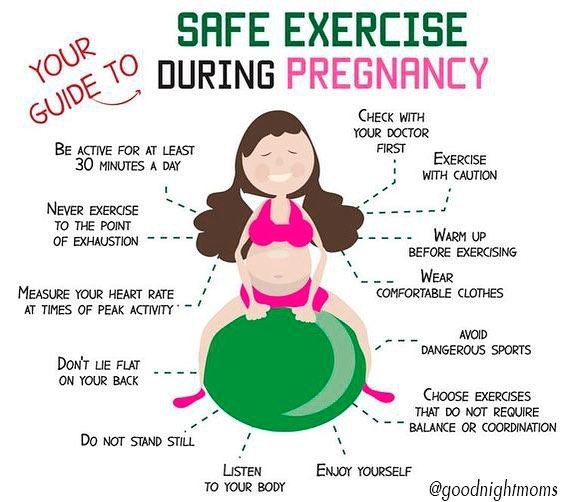 Vitamin B12 is an essential nutrient for the body, as well as during pregnancy and while breastfeeding.
Vitamin B12 is an essential nutrient for the body, as well as during pregnancy and while breastfeeding.
Yes, taking Vitamin B12 while pregnant is safe, and is very important for the development and overall health of your baby. Most mothers experience several pregnancy symptoms, like nausea and vomiting, that may interfere with their dietary intakes and affect the amount of Vitamin B12 being consumed daily. Instances like these can increase your risk of developing certain deficiencies, like vitamin B12 deficiency, which can be harmful to both mother and baby and may increase the risk of certain birth defects.
Those trying to conceive or who are currently pregnant should eat a diet rich in vitamin B12 to ensure a healthy pregnancy and a healthy, developed baby. Along with a diet high in Vitamin B12, a prenatal vitamin is recommended to ensure that there is enough of this vitamin for both mother and for your baby.
★ HOW MUCH VITAMIN B12 DURING PREGNANCY?
The amount of Vitamin B12 that a pregnant woman’s body needs is 2.6 micrograms daily. For non-pregnant adults, the Vitamin B12 recommendation is lower, at 2.4 micrograms per day.
Yes, Vitamin B12 is a standard component of human breast milk. The recommendation for breastfeeding mothers is 2.8 micrograms of Vitamin B12 daily and for infants aged 6 months or less is 0.4 mcg. Some studies recommend 5.5 mcg per day during lactation. (1)
★ WHAT ARE THE SIGNS/SYMPTOMS OF VITAMIN B12 DEFICIENCY?Symptoms of Vitamin B12 deficiency can include weakness, fatigue, light-headedness, pale skin, rapid heartbeat, and being easily bruised. Most people don’t know the lasting effects that Vitamin B12 deficiency can have on both mother and baby. You are at a higher risk for developing a Vitamin B12 deficiency if you avoid meat, poultry, or eggs in your diet. A lack of Vitamin B12 in your diet can lead to deficiency, also known as pernicious anemia.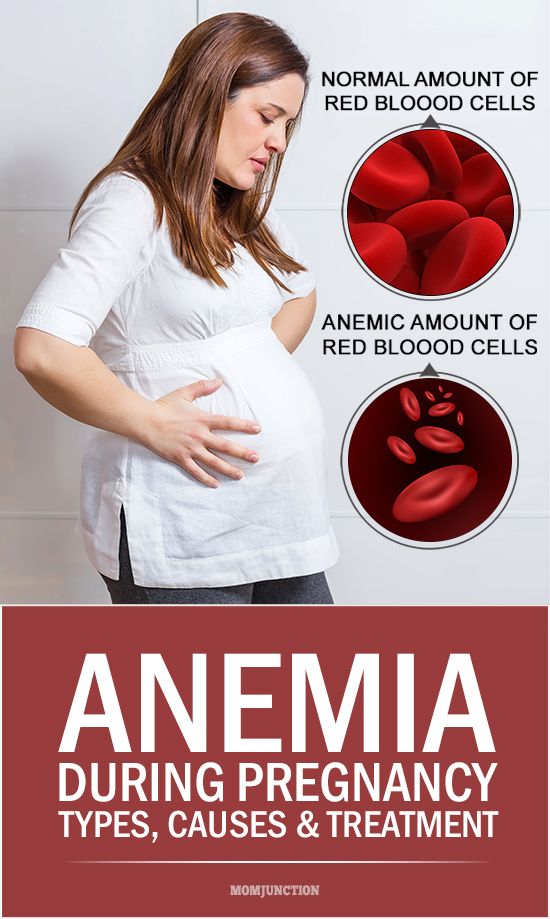
Some studies suggest that the risk of Vitamin B12 deficiency in vegetarians can be reduced by eating a diet rich in omega-3 fatty acids. Foods high in omega-3 fatty acids include salmon, tuna, green leafy vegetables, plant oils, nuts, and seeds. Eating a diet high in both omega-3 fatty acids and vitamin B12 can increase brain development and help to avoid the risk of a deficiency.
Talk to your doctor if you believe you are experiencing symptoms of a vitamin B12 deficiency.
★ BEST VITAMIN B12-RICH FOODS DURING PREGNANCYVitamin B12 is only found in animal products. Plant foods do not contain Vitamin B12 unless fortified. Other good sources of Vitamin B12 include fortified breakfast cereals as well as plant milks, like soy.
Foods high in Vitamin B12 include:
- Beef, liver, and chicken
- Fish and Shellfish
- Eggs
- Low-fat dairy products
So, you may be wondering, how do I get enough Vitamin B12 in my diet if I don’t eat animal products? If you are vegan or vegetarian or do not consume enough of the foods listed above, it is essential to take a prenatal vitamin during your pregnancy.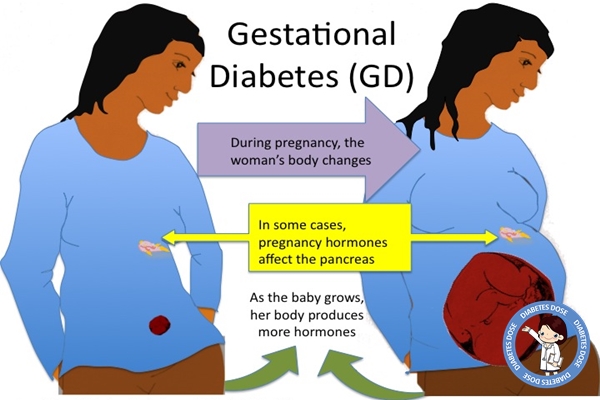
The Feed Mom and Me Prenatal Vitamin is one of the best over-the-counter prenatal Vitamins. It contains 2.6 micrograms of Vitamin B12 to be sure that both mother and baby are receiving adequate supplementation while your baby is developing!
This prenatal is formulated by an OBGYN & Registered Dietitian, containing all the nutrients needed to conceive and during pregnancy. Each small and easy-to-swallow pill is packed with 22 key natural nutrients to provide nutritional support for you and your growing baby. It contains Folate (methyl folate form), DHA, Iron, Calcium, Choline, Biotin, Zinc, Magnesium, and Selenium.
The vegetarian formula is free of artificial colors or flavors, chemicals, preservatives, non-GMO, dairy, soy, or gluten-free. Each of their capsules contains B6, Organic Ginger, and Peppermint Powder, which can help alleviate morning sickness and nausea.
Adding to that, it is a women-owned company.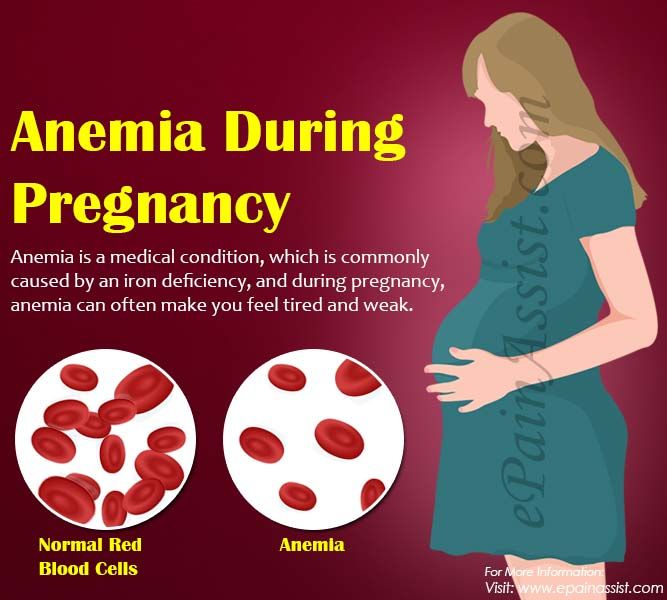 Who better than a female would understand pregnancy!
Who better than a female would understand pregnancy!
Click here for more info on Feed Mom & Me Complete Prenatal with Vitamin B12!
+SOURCES
- https://www.parents.com/pregnancy/my-body/nutrition/is-b12-as-crucial-as-folic-acid-during-pregnancy/
- https://pubmed.ncbi.nlm.nih.gov/7832046/
- https://www.indushealthplus.com/benefits-of-vitamin-b12-during-pregnancy.html
- https://pubmed.ncbi.nlm.nih.gov/26249019/
- https://www.ncbi.nlm.nih.gov/books/NBK534419/#
- (1) Ströhle A, Richter M, González-Gross M, et al. The revised D-A-CH-reference values for the intake of vitamin B12: Prevention of deficiency and beyond. Mol Nutr Food Res. 2019;63:e1801178.
- https://feedmomandme.com/products/complete-prenatal-vitamin-with-dha
- https://feedmomandme.com/blogs/mama-blog/benefits-of-folate-during-pregnancy
- https://feedmomandme.com/blogs/mama-blog/ginger-during-pregnancy
- https://feedmomandme.com/blogs/mama-blog/iron-during-pregnancy
- https://feedmomandme.
 com/blogs/mama-blog/importance-of-choline-during-pregnancy
com/blogs/mama-blog/importance-of-choline-during-pregnancy - https://feedmomandme.com/blogs/mama-blog/morning-sickness-during-pregnancy
- https://feedmomandme.com/blogs/mama-blog/calcium-during-pregnancy
Vitamin B12 deficiency during pregnancy as a consequence of the development of type 2 diabetes in babies
27 August 2018
According to a study presented at the annual meeting of the Society of Endocrinologists in Brighton, vitamin B12 deficiency during pregnancy can cause a child to develop type 2 diabetes.
As you know, vitamin B12 (cyanocobalamin) is found in animal products, including fish, meat, poultry, eggs and milk. Accordingly, the risk groups are starving people and vegetarians. Also, mothers with low levels of cyanocobalamin had a low body mass index (BMI) and a chance of having an underweight baby with high cholesterol. In addition to the above, high insulin resistance was observed in newborns, which is one of the risk factors for developing type 2 diabetes.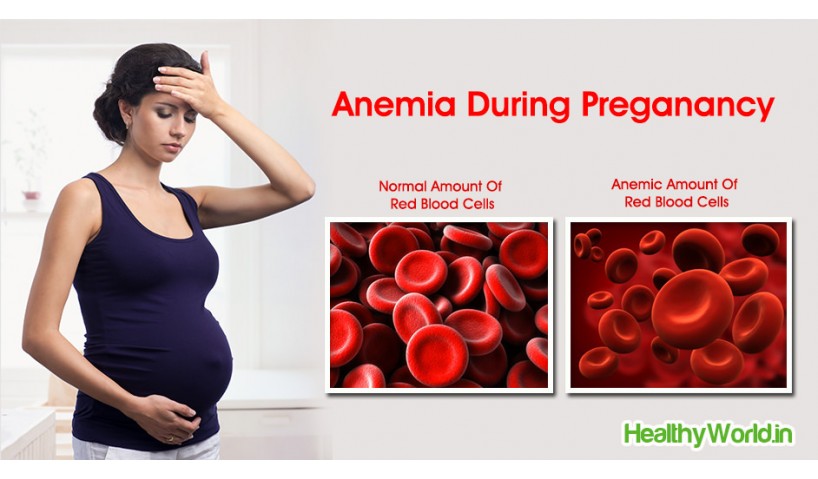
A study conducted at the University of Warwick School of Medicine (Coventry, UK) showed that changes associated with vitamin B12 deficiency may be the result of abnormal levels of the hormone leptin. Leptin is synthesized by fat cells of the body and is actively involved in energy metabolism and the regulation of hunger. Obesity is directly related to a violation of the metabolism of this hormone. It is believed that in this case, the standard mechanism of dependence of hunger on the level of leptin fails. The brain simply does not notice this hormone and the mechanism of "sharp starvation" is activated. So high levels of leptin in obesity and increased insulin resistance in combination lead to the development of type 2 diabetes.
Researcher Ponnusami Saravanan says that the processes occurring in the mother's body affect the health of the child. Children whose mothers suffered from vitamin B12 deficiency had elevated levels of leptin, which contributed to an increased risk of developing type 2 diabetes.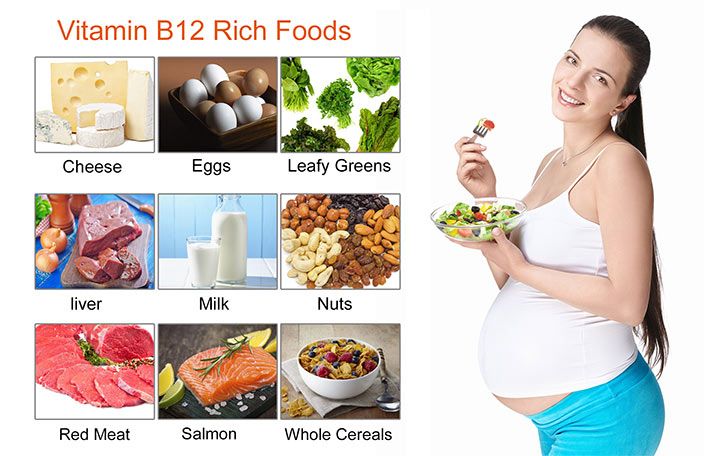
But how exactly is an increase in leptin concentration associated with the development of type 2 diabetes? There are two scenarios. The essence of the first mechanism is an increase in the level of leptin, due to a low concentration of cyanocobalamin and the subsequent accumulation of fat cells in the fetus. The second mechanism is the rearrangement of placental genes responsible for leptin production caused by low levels of B12. Since cyanocobalamin is involved in methylation reactions, the second option associated with the inclusion and exclusion of genes is most likely.
Expert opinion: is the first study to report a possible association between maternal vitamin B12 deficiency during pregnancy and increased leptin levels in infants. Thus, we can say that the determination of cyanocobalamin plays an important role in the diagnosis of lipid metabolism in children. In addition, risk groups have been identified that require closer attention from the doctor and the appointment of vitamin B12 in accordance with the individual needs of the body.
11/24/2022 16:21
Congratulations to our technology support group for membership in the AppliClub Sysmex
On November 15, a scientific and educational meeting of Sysmex application specialists took place.
11/22/2022 15:52
Lipoprotein (a) continues to amaze
Many researchers answered this question in the negative or did not attach much importance to this indicator.
28.10.2022 11:18
Determination of GFR in children: which formula should I choose?
Glomerular filtration rate (GFR) is an important indicator for assessing the functional state of the kidneys in both adults and children...
Thank you for subscribing!
Would you like to receive laboratory diagnostics news, webinar announcements and special offers?
Subscribe to the weekly news digest
Back to news list
Vitamin B12 deficiency in a pregnant woman can lead to the development of metabolic disorders in the fetus
of their new study, according to which vitamin B deficiency 12 in a woman during pregnancy may be a factor predisposing to the development of metabolic problems in her unborn child.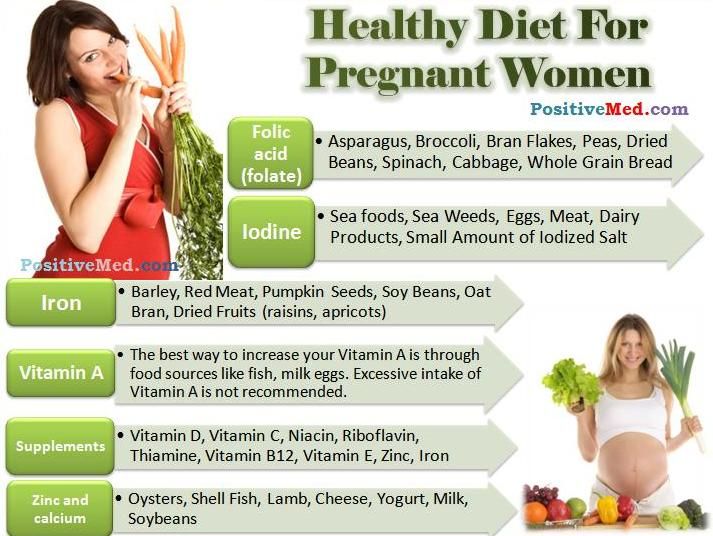 In particular, they determined that such children have an increased level of leptin, and suggested that the lack of cyanocobalamin in the prenatal period adversely affects the expression of the gene that regulates the synthesis of this hormone.
In particular, they determined that such children have an increased level of leptin, and suggested that the lack of cyanocobalamin in the prenatal period adversely affects the expression of the gene that regulates the synthesis of this hormone.
The main source of vitamin B 12 for humans is food of animal origin - fish, meat, eggs and milk. Therefore, the development of a deficiency of this vitamin is more likely in people who follow a vegetarian diet. Previously, scientists assumed a relationship between cyanocobalamin and the development of metabolic disorders, but no unequivocal evidence was obtained. Thus, the researchers noticed that vitamin B deficiency 12 , determined in a pregnant woman at the 28th week of gestation, is associated with the development of insulin resistance in her unborn child. In addition, a low level of this vitamin in combination with a high body mass index (BMI) has often been associated with the birth of a child with low birth weight and / or with high cholesterol levels. Cases of gestational diabetes mellitus in women with a lack of vitamin B 12 were registered 2 times more often than in pregnant women without this deficient condition.
Cases of gestational diabetes mellitus in women with a lack of vitamin B 12 were registered 2 times more often than in pregnant women without this deficient condition.
In this study, scientists led by Dr. Ponusammy Saravanan found that about 12% of women of childbearing age living in the UK are deficient in vitamin B 12 . Among pregnant women, the prevalence of pathology is 20–30%. The researchers suggested that the level of cyanocobalamin in the expectant mother determines the availability of this vitamin to the fetus, so they evaluated the relationship between the level of vitamin B 12 and leptin in the adipose tissue of a pregnant woman, in the tissues of the placenta and in cord blood. 91 mother-child couples took part in the work. Delivery in all cases was operative. In all couples, samples of cord and venous blood and maternal adipose tissue were taken. In addition, placenta samples were obtained in 83 cases.
After analyzing the obtained samples, the authors of the work came to the conclusion that vitamin B deficiency 12 is an extremely common pathology. It occurs in 39.6% of women and 29% of children. BMI varied among women, but at vitamin B levels 12 <191 ng/l, it averaged 30 kg/m 2 , while at the content of this vitamin >191 ng/l, BMI averaged 28, 4 kg/m 2 (p<0.05). In addition, the concentration of cyanocobalamin in the blood <191 ng/l was associated with a significant increase in the level of triglycerides and low density lipoproteins.
It occurs in 39.6% of women and 29% of children. BMI varied among women, but at vitamin B levels 12 <191 ng/l, it averaged 30 kg/m 2 , while at the content of this vitamin >191 ng/l, BMI averaged 28, 4 kg/m 2 (p<0.05). In addition, the concentration of cyanocobalamin in the blood <191 ng/l was associated with a significant increase in the level of triglycerides and low density lipoproteins.
In the course of the work, scientists assessed the level of leptin in children. Leptin is a peptide hormone that determines the feeling of satiety after eating. Its high level is usually noted in overweight patients, which can ultimately lead to the development of leptin resistance, uncontrolled overeating, an increased risk of developing insulin resistance and type 2 diabetes mellitus.
Researchers have found that children born to women with vitamin B deficiency 12 have higher levels of this hormone than their peers whose mothers were not diagnosed with vitamin B deficiency. The relationship between the level of leptin in the mother and its concentration in cord blood has not been recorded. Initially, these results seemed unexpected to the researchers, but then they came to the conclusion that leptin cannot penetrate the hematoplacental barrier. They suggested that vitamin B 9 deficiency0049 12 in a pregnant woman can negatively affect the leptin gene, changing the level of the hormone as the fetus grows. After the final evaluation of the results, the authors of the study concluded that the level of vitamin B 12 in a pregnant woman is independently associated with leptin levels in her unborn child. In addition, the expression of the gene that controls leptin metabolism was higher in the adipose and placental tissues of women with low levels of cyanocobalamin.
The relationship between the level of leptin in the mother and its concentration in cord blood has not been recorded. Initially, these results seemed unexpected to the researchers, but then they came to the conclusion that leptin cannot penetrate the hematoplacental barrier. They suggested that vitamin B 9 deficiency0049 12 in a pregnant woman can negatively affect the leptin gene, changing the level of the hormone as the fetus grows. After the final evaluation of the results, the authors of the study concluded that the level of vitamin B 12 in a pregnant woman is independently associated with leptin levels in her unborn child. In addition, the expression of the gene that controls leptin metabolism was higher in the adipose and placental tissues of women with low levels of cyanocobalamin.
The long-term impact of the identified disorders on children's health is currently unknown. However, scientists once again proved the importance of a rational and balanced diet for a pregnant woman for the normal development of an unborn child.

